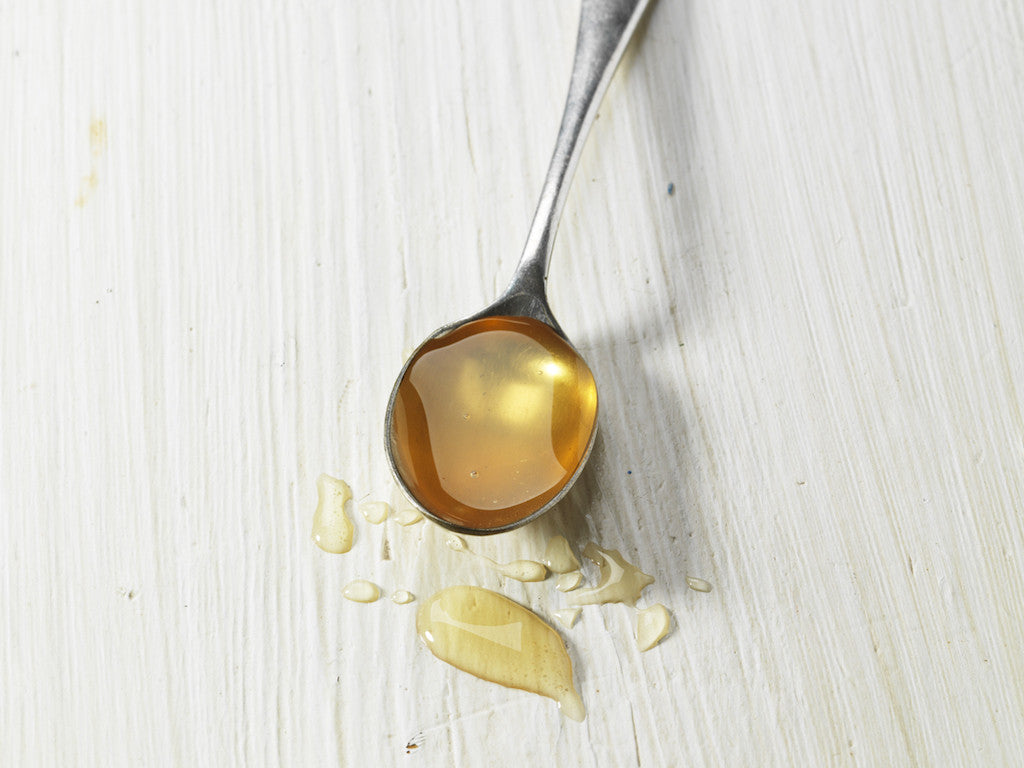
The B Word
The B word, not bees this time, but bacteria. It used to be a dirty word, an invisible threat to be got rid of by an arsenal of kitchen chemicals and antibiotics. Of course we all need to be hygienic and not all bacteria are good for us, but nor are bacteria all bad guys either - far from it.
We've come to realise that microbes are not just our friends, they are us. In the words of the fascinating book, I Contain Multitudes: The Microbes Within Us and A Grander View of Life, by Ed Yong, "Your body is teeming with tens of trillions of microbes. It's an entire world, a colony full of life."
One of the most important functions which these communities of microbes within us aid is digestion. Having healthy populations of beneficial bacteria, such as lactobacilli in your gut is understood to help to prevent bad bacteria from getting a foothold, by out competing them, as well as keeping your gut moving.
Based on this knowledge probiotic products have become a multi-billion-dollar industry, including live cultures of good microbes such as in kefir and yoghurt, or freeze dried probiotics parcelled up into capsules and sachets for a price. In his book Yong tells us that 'probiotic' means 'for life', not only are they good for your digestion, they are also linked to improved immune systems.
But like every living thing, microbes need to eat and when feeding ourselves some foods help to nourish these beneficial bacteria more than others. The substances which are associated with increases in probiotic microbes in the gut are known as prebiotics. So we need to feed our friendly bacteria prebiotic foods to keep the work force within happy.
These prebiotics are non-digestible ingredients which stimulate the good microbes, usually short chain carbohydrate compounds such as inulin. Of course you don't have to go buying extracted inulin supplements, it's much better to get all the benefits of real whole foods. Apparently these are the prebiotic foods to go for to feed your gut:
- Onions
- Garlic
- Artichokes
- Chicory
- Bananas

We were of course interested to read that honey is high in fructooligosaccharides, which are also considered prebiotic, and so there seems to be evidence to suggest eating honey may have prebiotic benefits (Miguel et al. 2017, Honey as a Complimentary Medicine; Ajibola et al. 2012; Ezz El-Arab et al. 2017). There is ongoing research on the relative prebiotic benefits of different honeys and so I'm not making claims about our honey, other than it's really tasty.
At the London Honey Company food for us will always primarily be about pleasure, life ought to be delicious. We don't believe in holy grail superfoods. But you can't help but be fascinated by the wonders of our bodies and how delicious food is often doing much more than tickling our taste buds.
